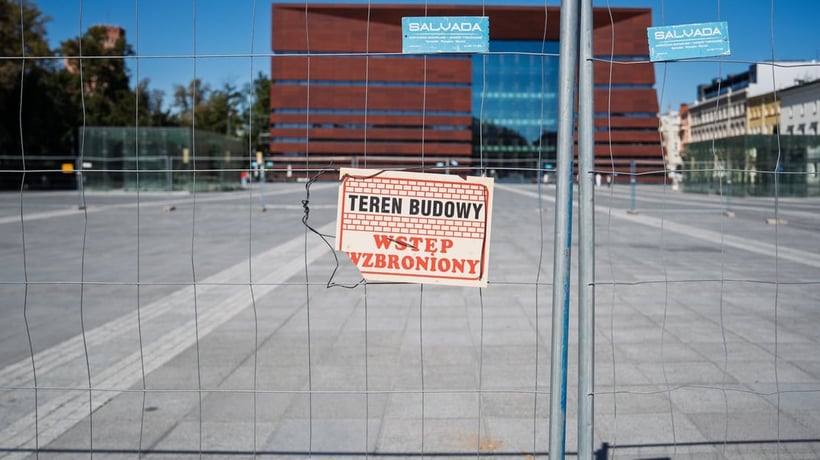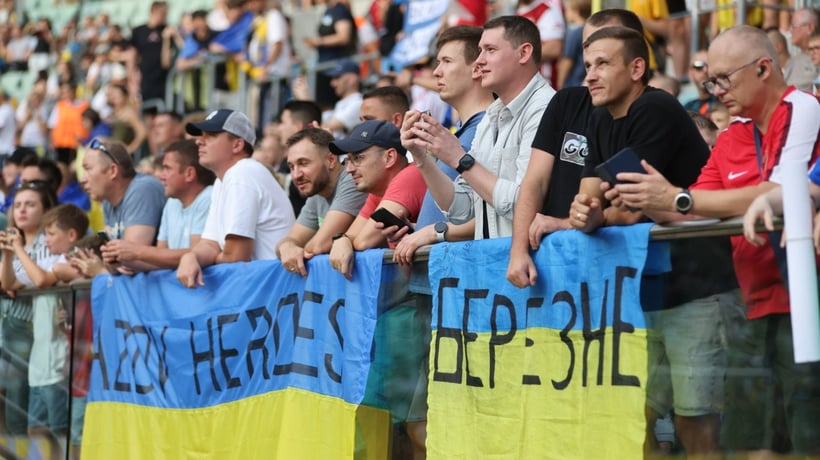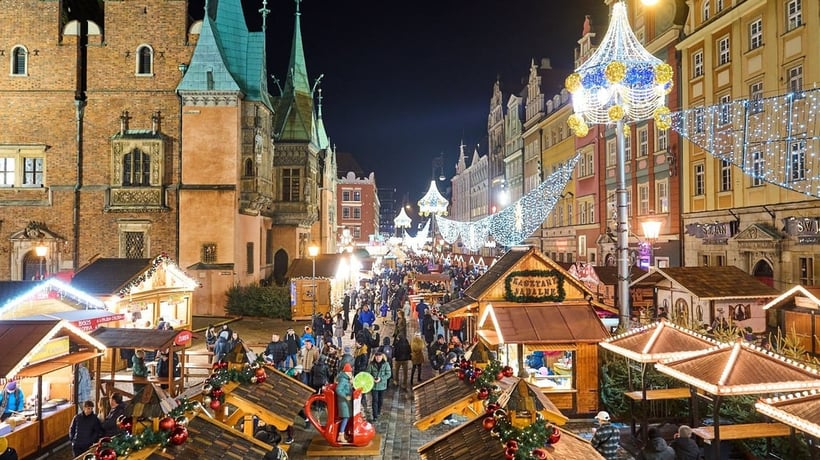Professor Zbigniew Brzeziński, a political scientist and the former national security advisor to the U.S. President, received the Jan Nowak-Jeziorański Award in Wrocław on Saturday.
The award ceremony in the patio of the National Ossoliński Institute was attended by more than one hundred guests. The place of the ceremony was not accidental. The Ossolineum contains archives of Jan Nowak-Jeziorański, which were deposited there after the death of the “Courier from Warsaw”.
During World War II, the patron of the award fought for Armia Krajowa (the Home Army), carried reports about the situation in the country from occupied Poland to the West several times and took part in the Warsaw Uprising. After World War II, he was the head of the Polish section of Radio Free Europe, and after 1989 he supported Poland’s efforts to join NATO. The award bearing his name is granted to persons and institutions that contributed to the collapse of Communism and the democratisation of life in Poland. The winners of the award include, among others, Tadeusz Mazowiecki and Jerzy Koźmiński, and in 2013 the award went to the Polish Literary Institute in Paris.
The award is granted by the City of Wroclaw, Ossolineum, the University of Wroclaw and the College of Eastern Europe, but the candidature of Professor Zbigniew Brzeziński was suggested by Jan Nowak Jeziorański himself before his death.
“Zbigniew Brzeziński is my closest personal friend,” he said in one of the documentary films. Their acquaintance lasted a few decades from the time when the young Harvard graduate met the head of the Polish section of Radio Free Europe on his own request. “This young man was extremely clever,” said Nowak-Jeziorański after many years.
When granting the award, the Mayor of Wroclaw Rafał Dutkiewicz said that Professor Brzeziński had turned the issue of human rights into a foundation of American politics at the time of his work in the administration of the US President. “After the restoration of freedom, he supported Poland’s efforts to join NATO. In his handling of global political affairs, he shaped them in such a way that Poland could benefit from them, too,” emphasised Dutkiewicz.
Professor Brzeziński very rarely accepts honorary awards; he says that when they began to accumulate, he decided that he did not want to resemble a tree burdened with prizes. This time he made an exception from this rule. “I accept the award of my friend, whom I respected,” he said. “Every visit to Poland is of huge importance to me. It returns what life did not give. Wroclaw is one of my favourite places. It is a European city that Poles are rightfully proud of.”
Previous winners of the Jeziorański Award
w



![Jeziorański Award for the closest friend [VIDEO]](https://www.wroclaw.pl/cdn-cgi/image/w=1200,h=600,fit=crop,f=avif/en/files/news/16086/nagroda8.jpg)





